Netflix’s latest Arabic original ‘Finding Ola’ landed on the platform on 3 February, shedding light on a woman’s journey of self-discovery, society’s perception of men vs women after divorce, and the struggles of juggling motherhood and a career.
‘Finding Ola’ is a six-episode Egyptian dramedy, starring Tunisian-Egyptian actress Hend Sabry, who reprises her role as Ola Abdel-Sabour from the 2010 comedy series “Ayza Atgawez” (“I Want to Get Married”).
Directed by Hadi El Bagoury, the series features a star-studded cast including Sawsan Badr, Hany Adel, Nada Moussa, Mahmoud Ellisy, Dalia Shawky, Omar Sherif, Yasmina El Abd, and Aicel Ramzi. In cooperation with Partner Pro and executive producer Amin El-Masri, Sabry is also the show’s executive producer through her company Salam Production.
Though this is an Egyptian production, ‘Finding Ola’ will undoubtedly have universal appeal, as the topics and themes it explores are relevant to households in every corner of the globe.
Note: This article contains spoilers for the show.
“Everything is under control,” Ola says with a reassuring smile in the opening scenes of ‘Finding Ola’ as she’s in a car with her husband, two children and mother on the way to celebrate her son’s birthday.
Very quickly, it becomes apparent how the picture-perfect scene is everything but picture perfect. By the end of her son’s birthday, Ola’s husband, Hisham (Hany Adel) asks her for a divorce.
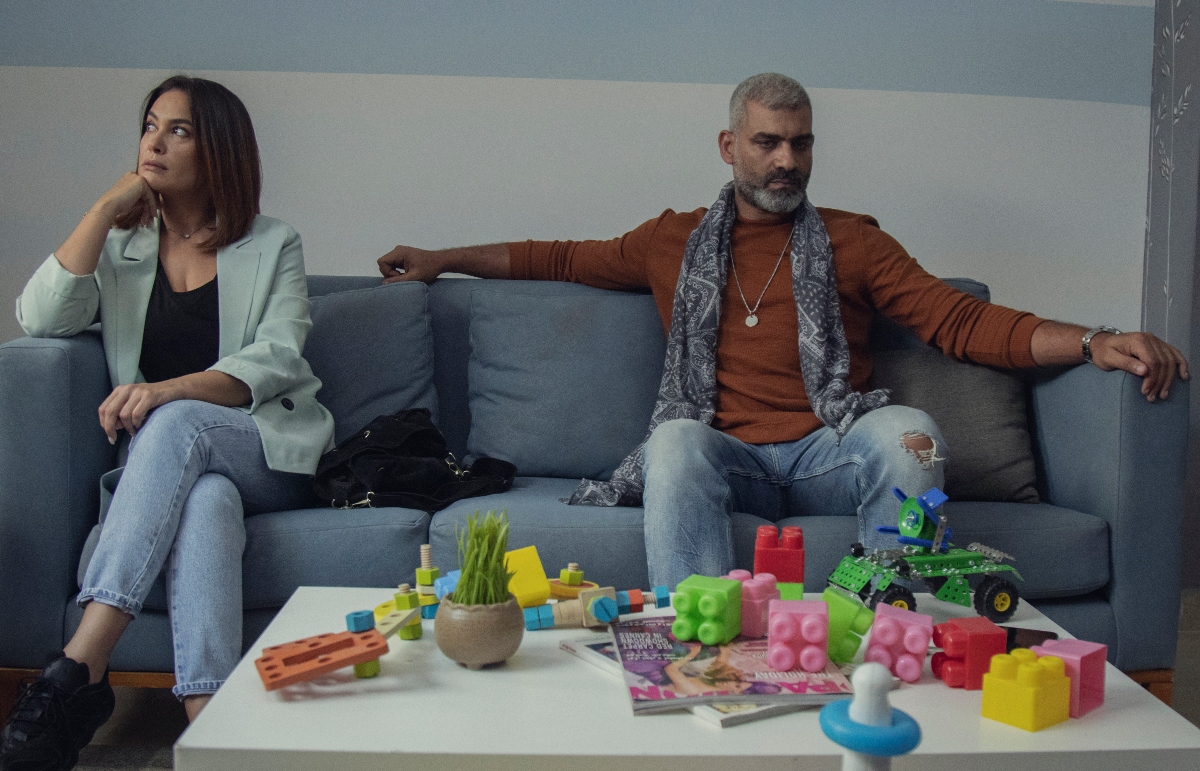
This sets the tone for the entire series. This is a journey of self-discovery post-divorce packed with all the societal and cultural obstacles independent women encounter on a day to day basis.
Who is to blame?
The first words that Ola utters out of her mouth after hearing her husband ask for a divorce is “what have I done wrong?”, questioning and doubting herself as the reason for the failure of her marriage.
When her mother finds out, she immediately blames Ola and makes the divorce about herself as the mother of a divorcee. “What did you do to make the sweet and handsome Hisham want to divorce you?” is the first question Soheir (Sawsan Badr) asks Ola before following up with feelings of pity for herself and sadness because her daughter is getting divorced, instead of providing comfort and support.
“It’s my bad luck. What will I do? The wife of Dr. Hisham is now just a single woman. What will I tell your brother in Dubai? Or to your aunt?” Soheir says to Ola as she’s finding out about the divorce. “I just want to know why my daughter is getting a divorce? Why is all this happening to me?”
The use of divorce as the context for Ola’s journey of self-discovery is not surprising. A number of scriptwriters and filmmakers have recently explored divorce as an appealing option for couples facing marital problems. These productions, such as ‘Qawaed Al Talaq Al 45’ (The Forty Rules of Divorce), often depict marriage as a failed system and celebrate divorce as a form of liberation.
In ‘Finding Ola’, divorce is used as the context for the start of Ola’s latest chapter. Ola and Hisham’s divorce moves along swiftly, with little conflict related to the technicalities of a divorce. We don’t see Ola and Hisham arguing for custody. We don’t see the couple fighting for property or other assets. Instead, the show focuses on the societal views of an independent woman – in this case, a newly-divorced independent woman.
Bored men trump women
In one of the earlier scenes of the show, Ola’s daughter Nadia tells her that she is “taking her side”, but Ola explains to her that it’s not her place to take sides and that the two of them will nonetheless remain her parents. Later on, Nadia confronts her father, Hisham, and tells him that the main reason she’s mad at him is as a man, not as a father, who left his wife when he got bored.
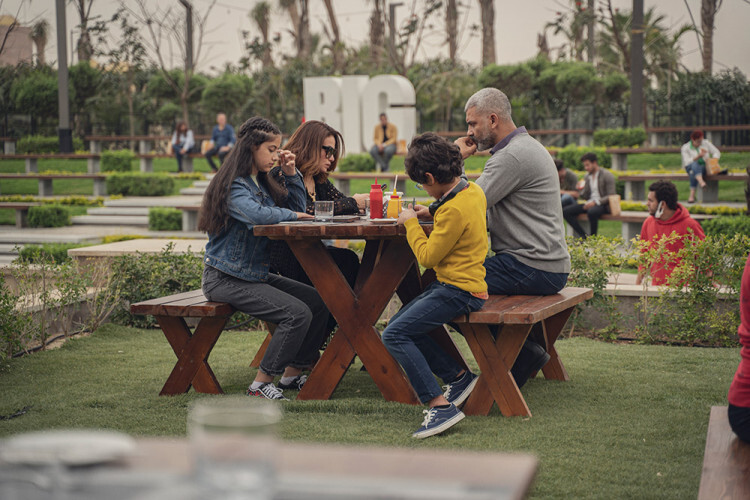
This sets the tone early on for the various conflicts that arise throughout the show: the challenges that Ola faces because she is a woman. Those same challenges are unlikely to exist – at least not to the same extent – for Hisham, a man.
This is most evident in scenes that show Ola trying to find love once again. As her friend, Nesrine (Nada Moussa), tries to convince Ola to start dating. Ola responds explaining that divorce is freedom for the man but “solitary confinement” for the woman; a common perception in many societies.
The idea that only men are allowed to start a new life with a new partner after divorce remains popular in Egypt and across the world, where a man is considered free to do as he pleases, but the woman should abide ‘by the rules’ since she has children and a household to take care of. Just a few minutes after dismissing the idea of dating, Ola finds out that her ex-husband, Hisham, is already in a new relationship with the young ‘influencer, fashion blogger, travel, entrepreneur’ Omnia Al-Daly (Dalia Shawky).
The difference of society’s outlook towards men and women after divorce is repeatedly echoed throughout the show, including through Ola’s conversations with her children, who immediately disapprove of the idea of their mother getting into a relationship, only after the mention of the topic as a mere idea.
Even more blatantly obvious is the reaction Ola’s husband has to the idea of her dating. One of the most important scenes in the show is a conversation between Ola and Hisham, where he explains to her how both of them are doing the same things, going out with youngsters to feel young and irresponsible, but that he cannot accept her doing that because mothers have always been sacred in society, even though it isn’t fair.
‘Finding Ola’ sets a new standard for Netflix Arabic Original Productions
‘Finding Ola’ follows the release of earlier Arabic-language Netflix Originals, including AlRawabi School for Girls (Jordan), Paranormal (Egypt), Abla Fahita (Egypt), and Jinn (Jordan).
But, with a star studded cast, dubbing in four languages and subtitling in 32, it is clear Netflix intends for ‘Finding Ola’ to set a new standard for its Arabic-language productions. The six-episode format, light-hearted comedy, quality production, and the cast’s acting have set ‘Finding Ola’ up for success. Importantly, ‘Finding Ola’ is able to appeal to audiences in the Middle East and North Africa and across the world, while telling an important story about the role of women in society.
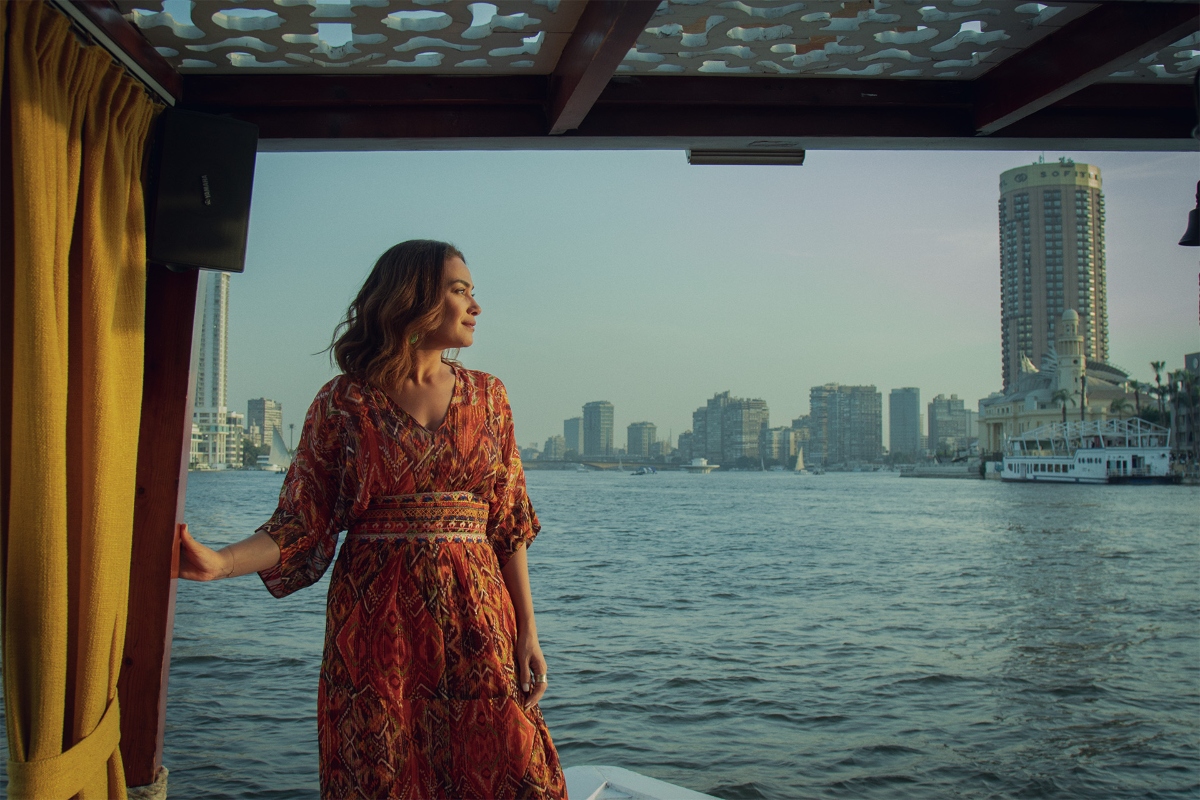
‘Finding Ola’ explores Ola’s journey of finding her true identity, one that was buried by her mother and later buried by her husband. This is a journey familiar to many women across the world – and one that unfortunately continues to be hindered by the social and cultural expectations involuntarily hoisted on such women by their communities, parents, partners, and children.
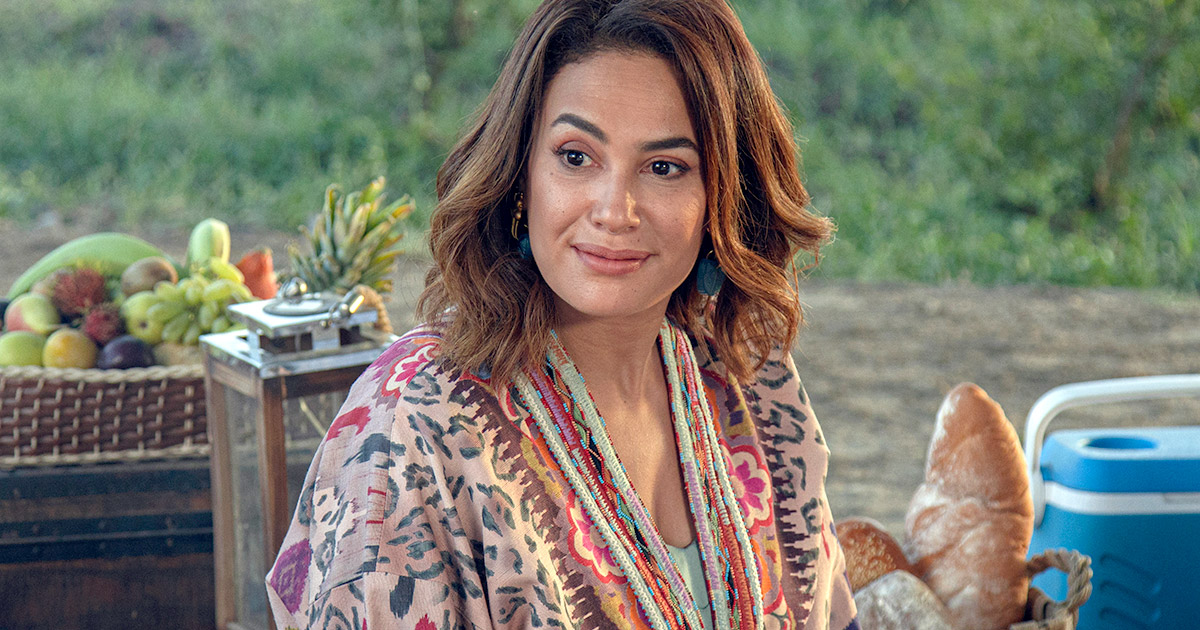


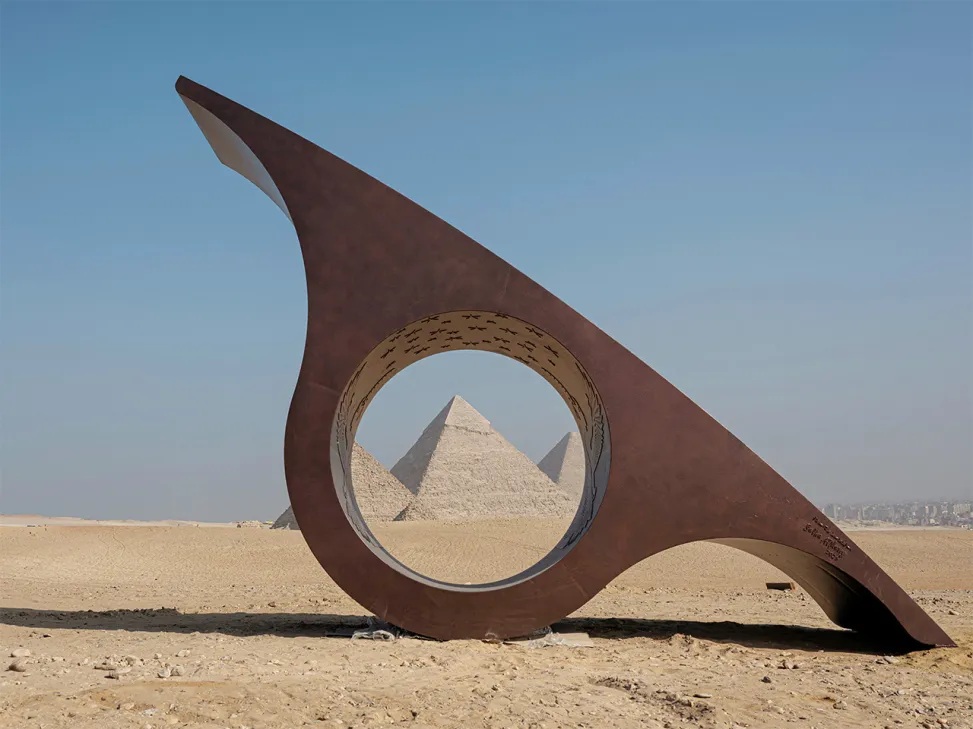
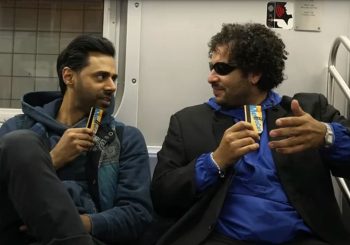

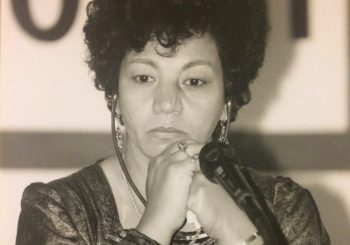
Comments (12)
[…] in Between follows the release of earlier Arabic-language Netflix Originals, including ‘Finding Ola’ (Egypt), AlRawabi School for Girls (Jordan), Paranormal (Egypt), Abla Fahita (Egypt), and Jinn […]
[…] […]